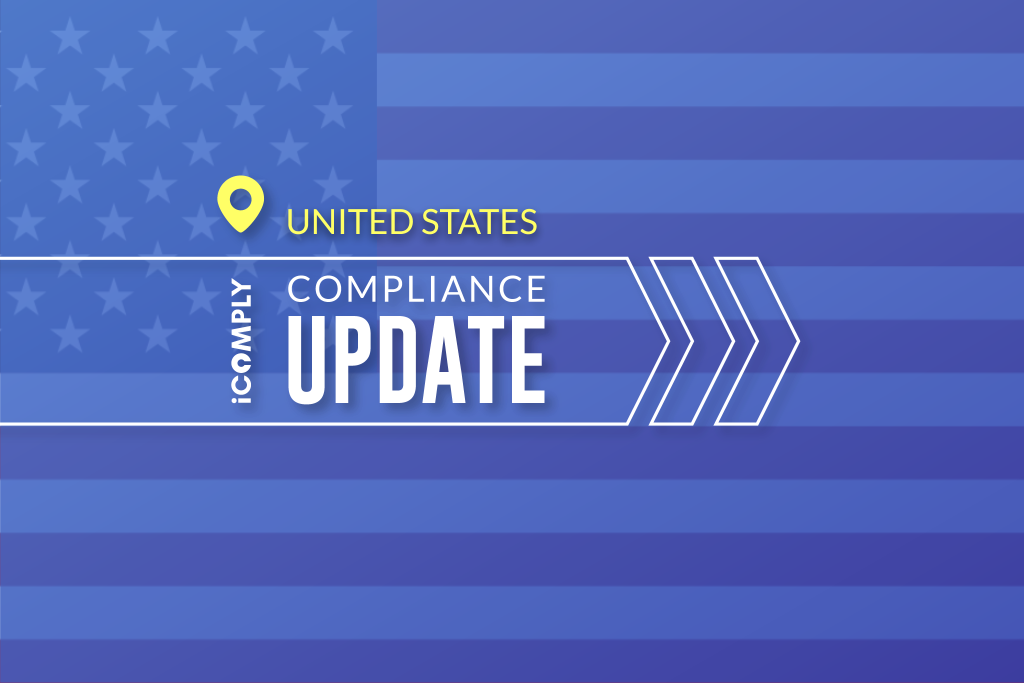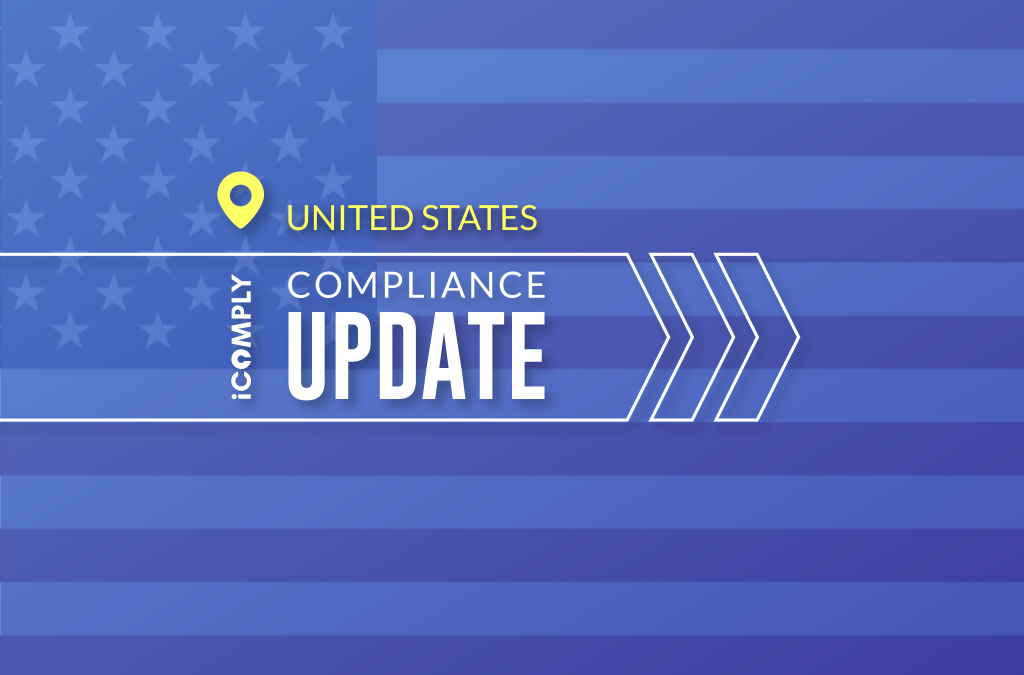SEC Charges Former Hertz CEO with Filing of Inaccurate Financial Statements

Mark Frissora allegedly pressured his employees to “find money”
What Happened?
August 18, 2020: The Securities and Exchange Commission of the U.S. charged former Hertz CEO Mark Frissora with aiding and abetting the car rental company in filing inaccurate financial statements. According to the SEC, Frissora pressed employees to make changes to the company’s financial reports in 2013.
Frissora is also accused of failing to disclose to investors that the company was keeping cars for longer periods of time to cut down on depreciation costs.
Who Is Impacted?
Frissora has agreed to pay a $200,000 fine to settle the charges with the SEC, and also to repay his former employer $2 million in incentive-based compensation.
Why This Matters?
For all companies, it is important to understand the importance of accuracy in your statements to investors and the public. This SEC enforcement highlights how the regulator is working to maintain checkpoints of accountability within their capital markets.
What’s Next?
Aside from fines, Frissora will be subject to increased scrutiny during Know-Your-Customer (KYC) reviews, as his name will appear in risk-screening results.
Compliance teams can use recent cases like this to test the effectiveness of their compliance systems. Does this name search produce a result in your U.S. screening procedures? If so, how quickly can your compliance workflows identify and present this new risk to your risk management team?
learn more
Is your AML compliance too expensive, time-consuming, or ineffective?
iComply enables financial services providers to reduce costs, risk, and complexity and improve staff capacity, effectiveness, and customer experience.
Request a demo today.
KYC in Various Industries: Tailoring Compliance to Sector Needs
Know Your Customer (KYC) regulations are fundamental to maintaining security and compliance across different sectors. However, the requirements and practices for KYC can vary significantly depending on the industry. This article...
AML Risk Management: Strategies for managing AML risks in financial institutions.
Managing anti-money laundering (AML) risks is a critical responsibility for financial institutions. Effective AML risk management strategies help institutions identify, assess, and mitigate risks associated with money laundering...
Transaction Monitoring Techniques: Methods for effective transaction monitoring to detect suspicious activities.
Transaction monitoring is a critical component in the fight against financial crimes. By continuously analyzing transactions for suspicious activities, financial institutions can detect and prevent fraudulent activities such as...




